William Clark was a highly intelligent man, and in terms of the practical knowledge required to make his way in the wilderness, to lead men, and to succeed in the world of frontier politics, he was highly educated and consummately effective.
William Clark (1784–1838)
by Joseph A. Mussulman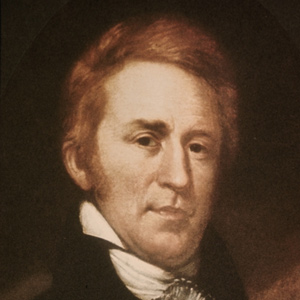

Clark was a highly intelligent man, and in terms of the practical knowledge required to make his way in the wilderness, to lead men, and to succeed in the world of frontier politics, he was highly educated and consummately effective.
Clark’s Maps
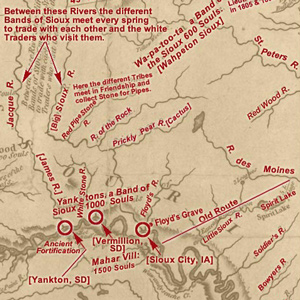

An index of articles on this site that provide detailed analysis from many of the maps made by William Clark.
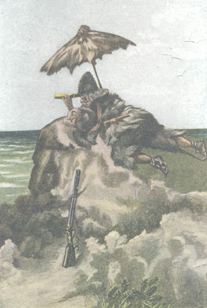

There may have been one good personal reason why Clark carried an umbrella. Beneath our skins we’re all supposed to be pretty much alike, but at the epidermal level there are some conspicuous differences that we owe to melanin.
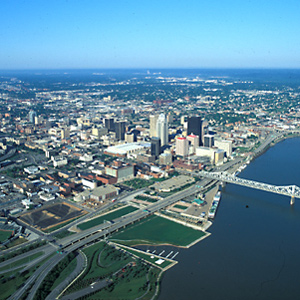

Clark was waiting with seven more recruits who would become permanent members of the contingent soon to be known as the Corps of Volunteers for North Western Discovery.
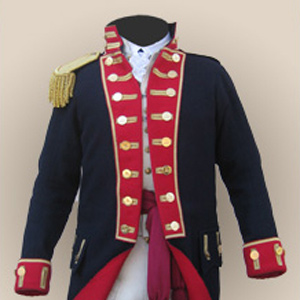

Lewis had assured Clark that their situations would be identical in every respect, beginning with rank. The fact that Clark was actually a lieutenant was a secret kept throughout the expedition.
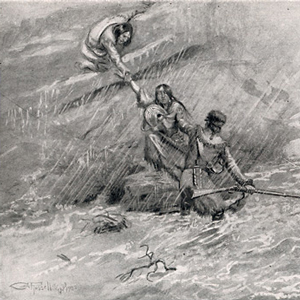

Of all the near-calamities the Corps of Discovery experienced, none was more dire than the one that occurred on 29 June 1805 in a normally dry ravine a short distance above the Great Fall. The principals were Charbonneau, Sacagawea, Jean Baptiste, York, and William Clark.
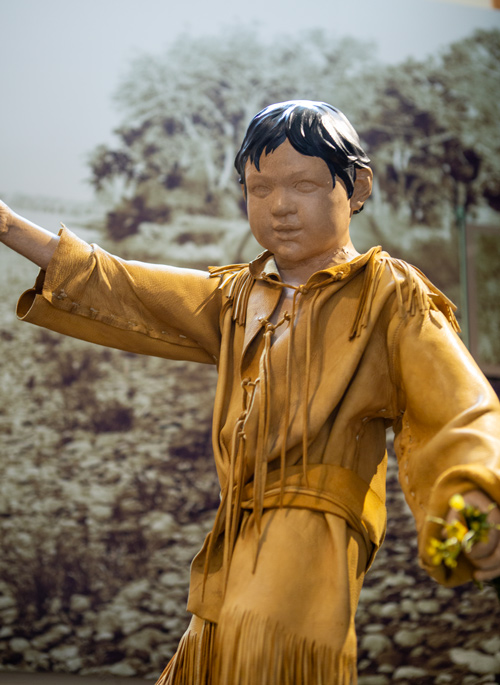
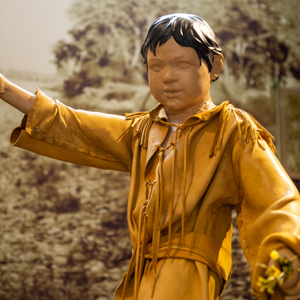
Clark’s affection for Sacagawea’s little boy, Jean Baptiste, becomes evident while canoeing down the Yellowstone River. This article analyzes Clark’s offer to his father, Toussaint Charbonneau, to raise the child.
Portraits of William Clark
by Joseph A. Mussulman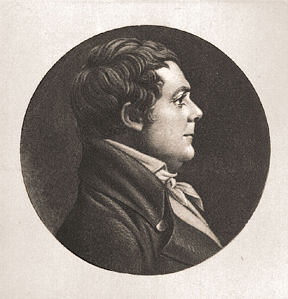

Four portraits and one statue by five different artists show a diverse interpretation of the likeness of William Clark.
Experience the Lewis and Clark Trail
The Lewis and Clark Trail Experience—our sister site at lewisandclark.travel—connects the world to people and places on the Lewis and Clark Trail.
Discover More
- The Lewis and Clark Expedition: Day by Day by Gary E. Moulton (University of Nebraska Press, 2018). The story in prose, 14 May 1804–23 September 1806.
- The Lewis and Clark Journals: An American Epic of Discovery (abridged) by Gary E. Moulton (University of Nebraska Press, 2003). Selected journal excerpts, 14 May 1804–23 September 1806.
- The Lewis and Clark Journals. by Gary E. Moulton (University of Nebraska Press, 1983–2001). The complete story in 13 volumes.

